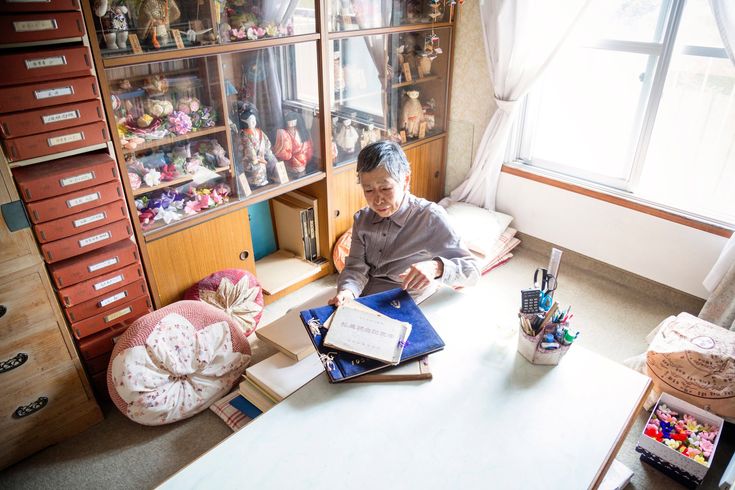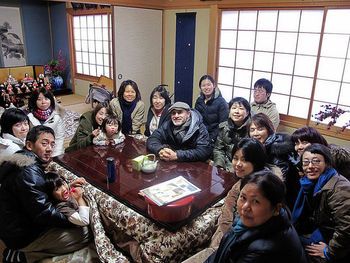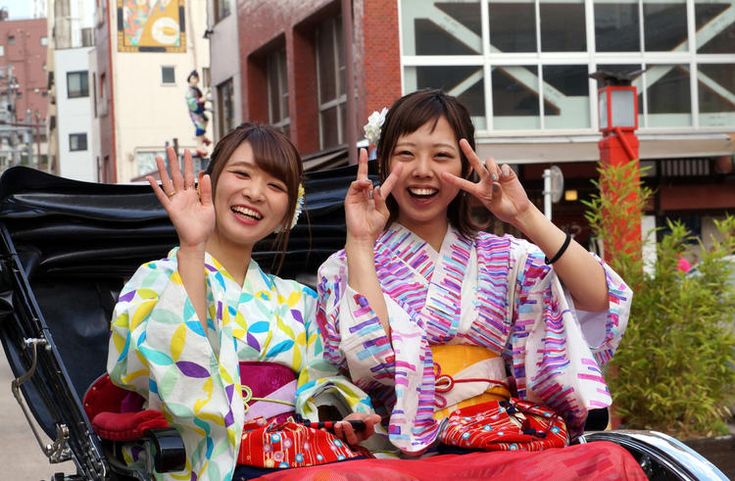The camera pans across the Shibuya Crossing in Tokyo. A torrent of humanity flows under a cathedral of neon signs, a symphony of organized chaos. Each person is a pixel in a dazzling display of modernity, efficiency, and progress. Japan, to the outside world, is a marvel—a nation that rose from the ashes of war to become a technological and cultural titan. It’s the land of serene temples, bullet trains, impeccable service, and a society built on the pillars of harmony (wa), respect, and collective good.
But pan closer. Look past the blinding lights and into the eyes of the individuals in the crowd. Zoom in on the salaryman with his shoulders slumped, the young woman staring blankly at her phone, the student hurrying to a part-time job that isn’t in a convenience store. Beneath the polished surface of this hyper-functional society lies a profound and growing emptiness. A loneliness so pervasive it has birthed a sprawling, multi-billion-yen industry—an economy built not on products, but on people.
This is the story of Japan’s most unsettling paradox: in a nation of 125 million, millions are so desperately lonely they are willing to pay for the illusion of human connection. And in turn, a growing number of people are willing to sell it. This is not just about sex work, though that is part of it. This is about selling friendship, family, companionship, validation, and even love. It’s the story of why, in modern Japan, a growing number of people are selling themselves.
Part 1: The Anatomy of a Void – The Roots of Japan’s Loneliness Epidemic

To understand why someone would rent a friend or pay a stranger to act as their father, we must first dissect the unique social and economic pressures that have cultivated this marketplace of the self. The phenomenon is not a sudden aberration; it’s the logical, albeit tragic, culmination of decades of societal shifts.
The Ghost of the Bubble: Economic Precarity
For much of the post-war era, Japan’s social contract was clear: loyalty to a company in exchange for lifetime employment (shūshin koyō). This system provided stability, identity, and a predictable life path. But in the early 1990s, the “Bubble Economy” burst. The decades that followed, known as the “Lost Decades,” shattered this promise.
Lifetime employment became a privilege, not a right. A generation of young people entered a workforce of part-time, temporary, and contract work, offering low pay, no benefits, and zero security. This economic anxiety has profound social consequences. Marriage, once a standard milestone, became a financial luxury. The inability to provide financially has created a class of men and women who feel they have failed at a fundamental level, pushing them further into isolation.
The Tyranny of the Group: Tatemae and Honne

Woven into the fabric of Japanese society is the critical distinction between tatemae (the public face, the facade one shows to the world) and honne (one’s true feelings and desires). Tatemae is the social lubricant that ensures harmony. It’s about not burdening others with your problems, maintaining a pleasant front, and conforming to the expectations of the group.
While this promotes a polite and orderly society, it can also be incredibly isolating. Expressing vulnerability, admitting to loneliness, or sharing deep personal struggles is often seen as a sign of weakness or, worse, as causing meiwaku (trouble or inconvenience for others). This creates a culture where authentic, messy, and vulnerable human connection is incredibly difficult to forge. People are surrounded by others, yet feel utterly alone with their honne.
The Atomization of Society: From Family Units to Lonely Deaths
Compounding these issues is a dramatic demographic shift. The traditional multi-generational household is disappearing, replaced by single-person households, which now make up over a third of the total in Japan. Young people move to cities for work, leaving elderly parents behind. The birth rate is one of the lowest in the world.
This atomization has given rise to two chilling phenomena: hikikomori and kodokushi. Hikikomori are social recluses, often young men, who withdraw completely from society, sometimes not leaving their rooms for years. There are estimated to be over a million of them. Kodokushi, or “lonely deaths,” refers to people dying alone and going undiscovered for long periods. It has become so common that specialized cleaning crews exist to handle the aftermath.
This is the landscape: a society grappling with economic anxiety, suffocating social pressure, and fragmenting family structures. It is in this void that a new economy has blossomed—one that offers a transactional solution to an existential problem.
Part 2: The Marketplace of the Self – The Commodification of Connection

If loneliness is the demand, a vast and varied industry has risen to supply the cure—for a price. These services are not hidden in dark alleys; they are often mainstream, advertised openly, and utilized by a surprisingly broad cross-section of society.
The “Rental” Industry: Rent-a-Friend, Rent-a-Family
Imagine your child’s school sports day is coming up, but as a single mother, you can’t provide the “father figure” all the other children have. For a fee, you can hire a man to play the part. He will cheer, take photos, and present the perfect image of a happy, complete family.
This is the world of the “rental family.” Companies like Family Romance offer a catalogue of actors to play any role: a spouse to introduce to your parents, a group of friends to make your social media look lively, or even a mourner to swell the numbers at a funeral.
The founder of one such agency, Yuichi Ishii, has played the role of a father to dozens of children over the years. The service is a pure expression of tatemae. It is not about tricking oneself, but about managing the perceptions of others—the school, the colleagues, the extended family. The client is buying a performance to maintain their social standing and avoid the shame of their reality. The “seller,” the rental actor, provides emotional labor on demand, embodying a fantasy for a few hours before returning to their own life.
The Water Trade: Hosts, Hostesses, and Paid-for Intimacy
A more established and infamous sector is the mizu shōbai, or “water trade”—the world of host and hostess clubs. In neon-drenched districts like Tokyo’s Kabukicho, these clubs offer a very specific product: idealized companionship.
At a hostess club, a salaryman can pay hundreds, even thousands of dollars an evening for a beautiful young woman to sit with him, laugh at his jokes, pour his drinks, and make him feel like the most important man in the world. It’s a masterclass in emotional validation. The hostess is selling the illusion of adoration.
Conversely, at a host club, women pay exorbitant sums for handsome, impeccably dressed young men to dote on them. These hosts, with their carefully crafted personas and declarations of love, provide an escape from mundane lives and loveless relationships. They sell a potent cocktail of romance, fantasy, and ego-boosting attention.
This is rarely about sex. It is about paying for intimacy without the complications of a real relationship. However, the line is perilously thin. The industry is notorious for manipulating clients into running up huge debts, and the hosts and hostesses themselves often suffer from extreme burnout, alcoholism, and a disorienting loss of self as they live out a manufactured identity night after night.
The Shadow of Akihabara: JK Business and the Fetishization of Youth
The marketplace of the self takes a darker turn with the phenomenon known as “JK business” (Joshi Kōsei, or high school girl). In districts like Akihabara, girls in their teens—sometimes even younger—offer services that skate the edge of legality.

